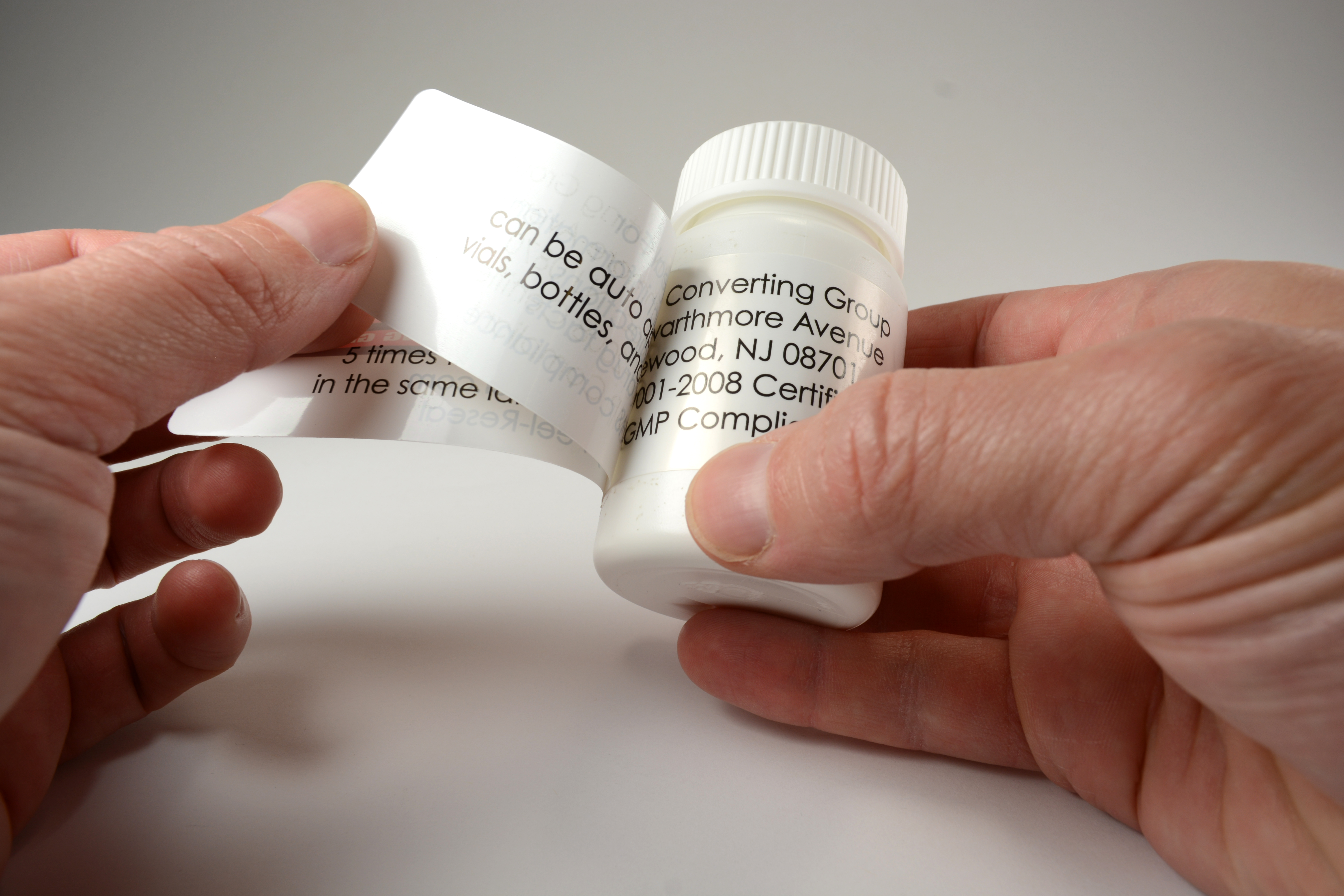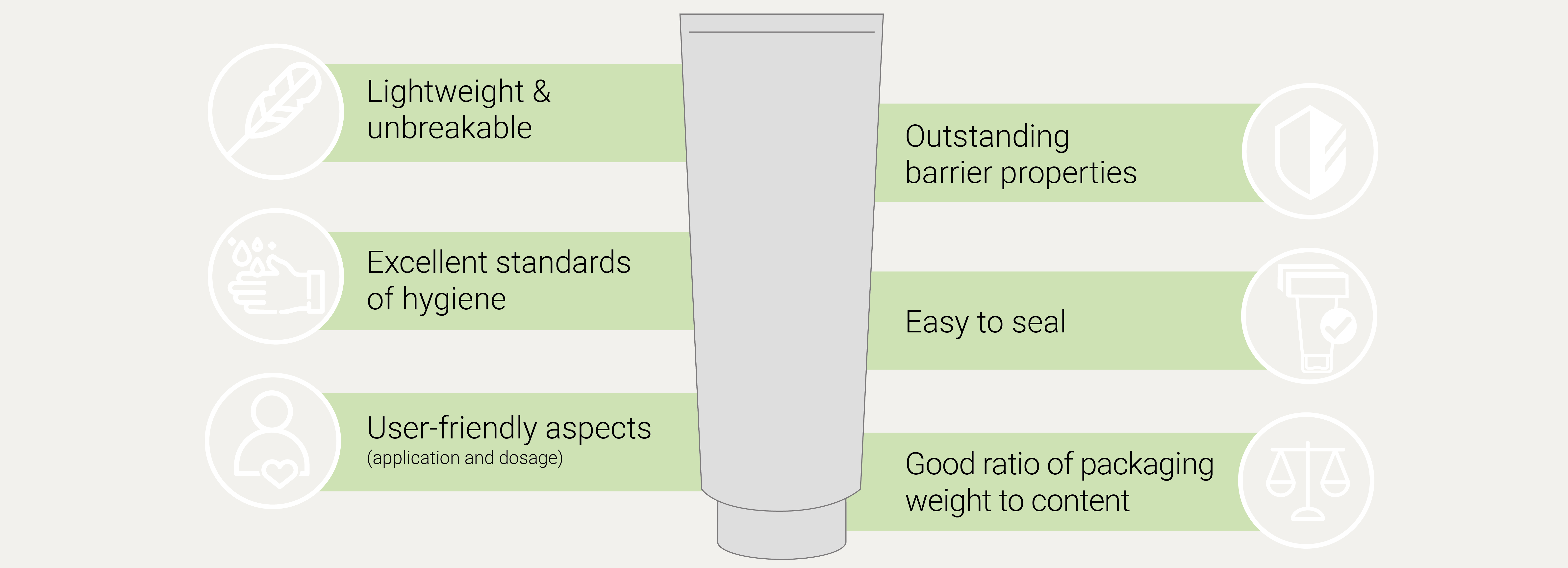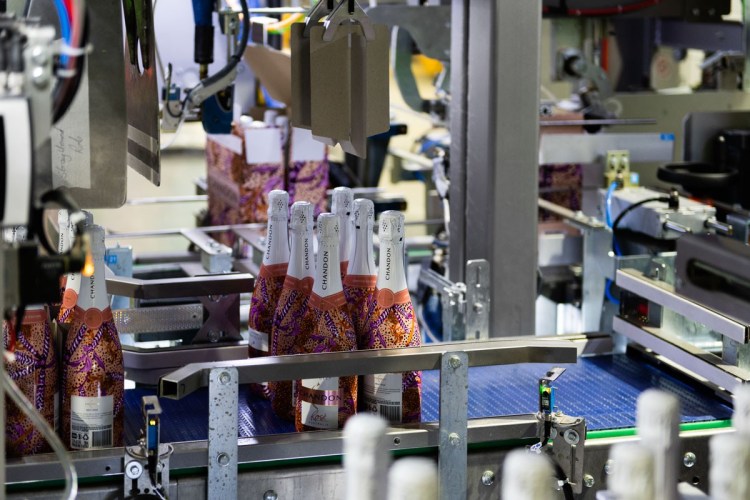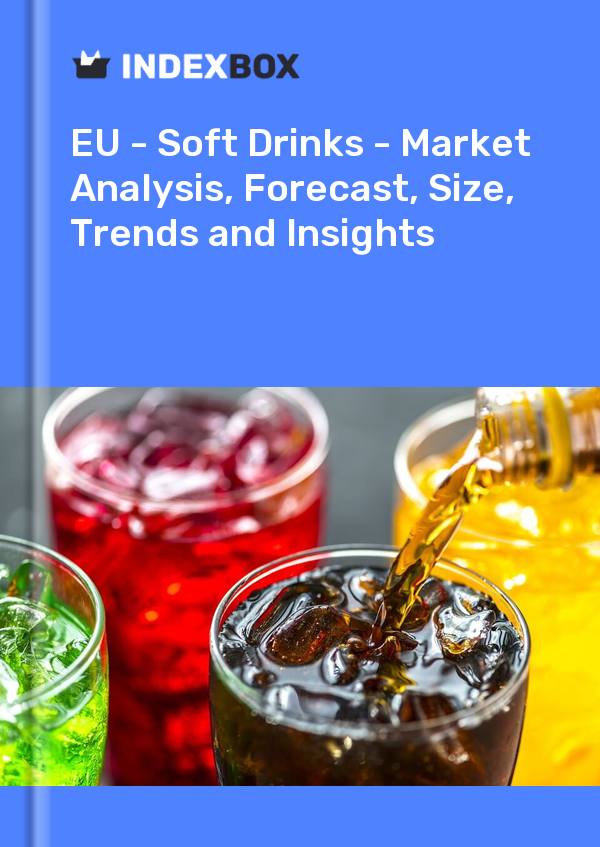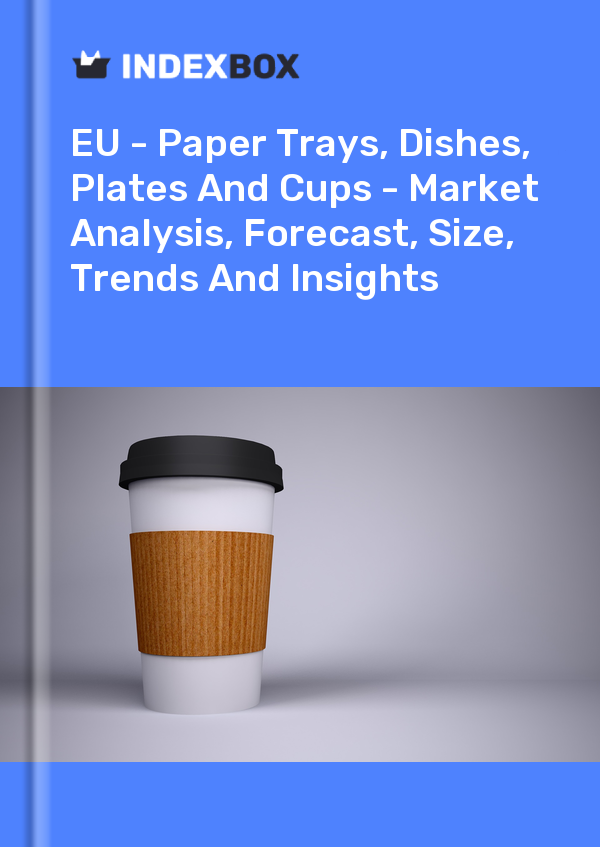IndexBox has just published a new report: 'EU - Soft Drinks - Market Analysis, Forecast, Size, Trends and Insights'. Here is a summary of the report's key findings.
In 2018, EU soft drink consumption rose suddenly by 2.7% to 52.1B litres, bouncing back to the 2011 level. Over the previous six years, soda per capita consumption showed a downward trend due to the growing popularity of a healthy lifestyle.
The revenue of the soft drink market in the European Union is estimated at $34.5B in 2018, approximately mirroring the previous year. This figure reflects the total revenues of producers and importers (excluding logistics costs, retail marketing costs, and retailers' margins, which will be included in the final consumer price).
Consumption By Country
The countries with the highest volumes of soft drink consumption in 2018 were Germany (11B litres), the UK (8.4B litres) and Spain (5.3B litres), together accounting for 48% of total consumption. These countries were followed by France, Poland, Italy, Romania, Austria, Hungary, the Czech Republic, Belgium and the Netherlands, which together accounted for a further 41%.
From 2007 to 2018, the most notable rate of growth in terms of soft drink consumption, amongst the main consuming countries, was attained by Austria, while soft drink consumption for the other leaders experienced more modest paces of growth.
In value terms, the largest soft drink markets in the European Union were Germany ($5.9B), the UK ($5.6B) and Spain ($4.8B), together comprising 47% of the total market. France, Austria, Italy, Poland, Belgium, the Netherlands, Romania, Hungary and the Czech Republic lagged somewhat behind, together accounting for a further 42%.
The countries with the highest levels of soft drink per capita consumption in 2018 were Austria (183 litres per person), Hungary (158 litres per person) and Germany (138 litres per person).
Production in the EU
In 2018, approx. 55B litres of soft drinks were produced in the European Union; rising by 3.3% against the previous year. In general, soft drink production continues to show a downward trend. The growth pace was the most rapid in 2008 with an increase of 3.5% against the previous year.
Production by Country
The countries with the highest volumes of soft drink production in 2018 were Germany (12B litres), the UK (7.8B litres) and Spain (5.4B litres), with a combined 47% share of total production. France, Poland, Italy, Austria, Romania, the Netherlands, the Czech Republic, Hungary and Belgium lagged somewhat behind, together comprising a further 45%.
From 2007 to 2018, the most notable rate of growth in terms of soft drink production, amongst the main producing countries, was attained by Austria, while soft drink production for the other leaders experienced more modest paces of growth.
Exports in the EU
In 2018, the soft drink exports in the European Union stood at 13B litres, surging by 9.7% against the previous year. The total export volume increased at an average annual rate of +2.9% from 2007 to 2018; however, the trend pattern indicated some noticeable fluctuations being recorded in certain years. The most prominent rate of growth was recorded in 2018 when exports increased by 9.7% against the previous year. In that year, soft drink exports reached their peak and are likely to continue its growth in the immediate term.
In value terms, soft drink exports amounted to $11.6B (IndexBox estimates) in 2018. The total export value increased at an average annual rate of +3.4% over the period from 2007 to 2018; however, the trend pattern indicated some noticeable fluctuations being recorded in certain years. The pace of growth appeared the most rapid in 2018 when exports increased by 16% y-o-y. In that year, soft drink exports attained their peak and are likely to continue its growth in the immediate term.
Exports by Country
In 2018, Germany (2,321M litres), Austria (1,872M litres), the Netherlands (1,286M litres), France (1,230M litres), Belgium (972M litres), Poland (943M litres), Italy (650M litres), the UK (581M litres), the Czech Republic (513M litres), Spain (430M litres), Denmark (340M litres) and Ireland (334M litres) was the largest exporter of soft drinks exported in the European Union, creating 90% of total export.
From 2007 to 2018, the most notable rate of growth in terms of exports, amongst the main exporting countries, was attained by Italy, while exports for the other leaders experienced more modest paces of growth.
In value terms, the largest soft drink supplying countries in the European Union were Austria ($2.5B), Germany ($2B) and the Netherlands ($1.4B), together accounting for 51% of total exports. These countries were followed by Belgium, France, the UK, Italy, Poland, Denmark, Ireland, Spain and the Czech Republic, which together accounted for a further 42%.
Export Prices by Country
In 2018, the soft drink export price in the European Union amounted to $0.9 per litre, picking up by 5.6% against the previous year. Overall, the soft drink export price continues to indicate a relatively flat trend pattern. The most prominent rate of growth was recorded in 2013 when the export price increased by 7.7% year-to-year. In that year, the export prices for soft drinks attained their peak level of $1 per litre. From 2014 to 2018, the growth in terms of the export prices for soft drinks failed to regain its momentum.
Prices varied noticeably by the country of origin; the country with the highest price was Austria ($1.4 per litre), while the Czech Republic ($0.4 per litre) was amongst the lowest.
From 2007 to 2018, the most notable rate of growth in terms of prices was attained by the UK.
Imports in the EU
The imports totaled 9.9B litres in 2018, rising by 8% against the previous year. The total import volume increased at an average annual rate of +2.3% from 2007 to 2018; the trend pattern remained consistent, with somewhat noticeable fluctuations throughout the analyzed period. The pace of growth appeared the most rapid in 2018 when imports increased by 8% against the previous year. In that year, soft drink imports attained their peak and are likely to continue its growth in the immediate term.
In value terms, soft drink imports amounted to $8.6B (IndexBox estimates) in 2018. The total import value increased at an average annual rate of +3.0% over the period from 2007 to 2018; the trend pattern remained consistent, with somewhat noticeable fluctuations in certain years. The pace of growth appeared the most rapid in 2018 with an increase of 14% y-o-y. In that year, soft drink imports attained their peak and are likely to continue its growth in the immediate term.
Imports by Country
The countries with the highest levels of soft drink imports in 2018 were Germany (1,309M litres), the UK (1,113M litres), Belgium (1,081M litres), the Netherlands (964M litres) and France (803M litres), together accounting for 53% of total import. Hungary (400M litres), Slovakia (365M litres), Sweden (365M litres), the Czech Republic (350M litres), Spain (326M litres), Italy (326M litres) and Ireland (325M litres) held a little share of total imports.
From 2007 to 2018, the most notable rate of growth in terms of imports, amongst the main importing countries, was attained by Hungary.
In value terms, Germany ($1.2B), the UK ($1.2B) and Belgium ($937M) constituted the countries with the highest levels of imports in 2018, with a combined 39% share of total imports. These countries were followed by France, the Netherlands, Spain, Sweden, Italy, Ireland, the Czech Republic, Hungary and Slovakia, which together accounted for a further 40%.
Sweden experienced the highest rates of growth with regard to the value of imports, among the main importing countries over the period under review, while imports for the other leaders experienced more modest paces of growth.
Import Prices by Country
The soft drink import price in the European Union stood at $0.9 per litre in 2018, rising by 5.7% against the previous year. In general, the soft drink import price continues to indicate a relatively flat trend pattern. The growth pace was the most rapid in 2008 when the import price increased by 12% y-o-y. The level of import price peaked at $0.9 per litre in 2011; however, from 2012 to 2018, import prices failed to regain their momentum.
There were significant differences in the average prices amongst the major importing countries. In 2018, the country with the highest price was Spain ($1.1 per litre), while Slovakia ($0.5 per litre) was amongst the lowest.
From 2007 to 2018, the most notable rate of growth in terms of prices was attained by the Netherlands, while the other leaders experienced more modest paces of growth.


